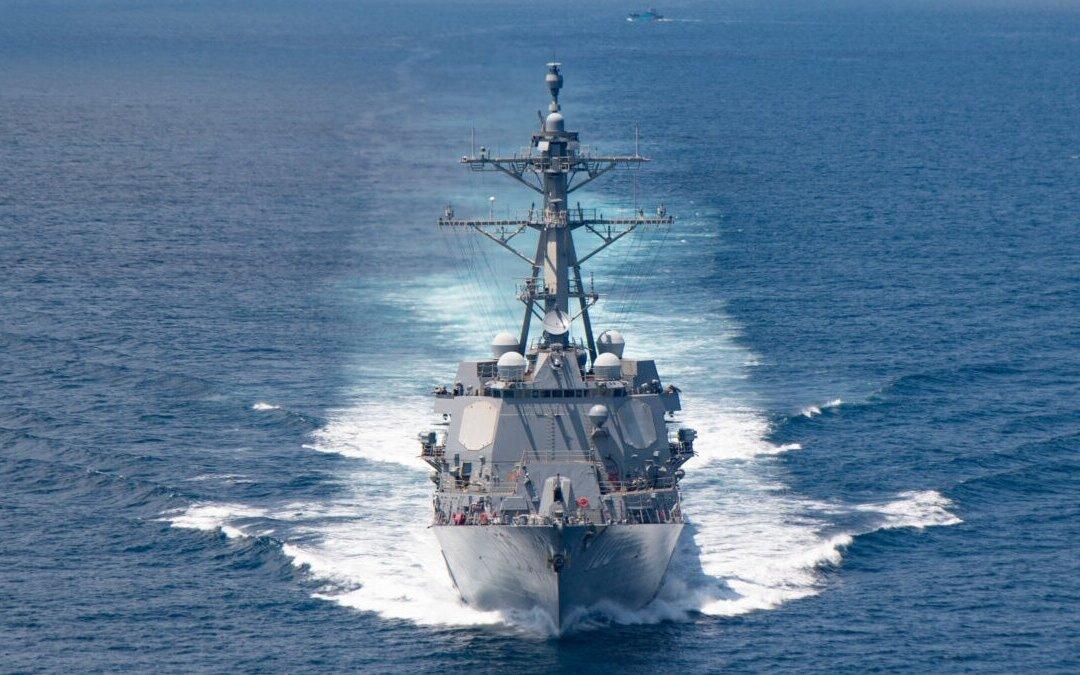Commentary
Whether Vladimir Putin holds his position or not, and that must now be considered somewhat problematical, events in Ukraine and elsewhere should help cool things somewhat over Taiwan.

Whether Vladimir Putin holds his position or not, and that must now be considered somewhat problematical, events in Ukraine and elsewhere should help cool things somewhat over Taiwan.